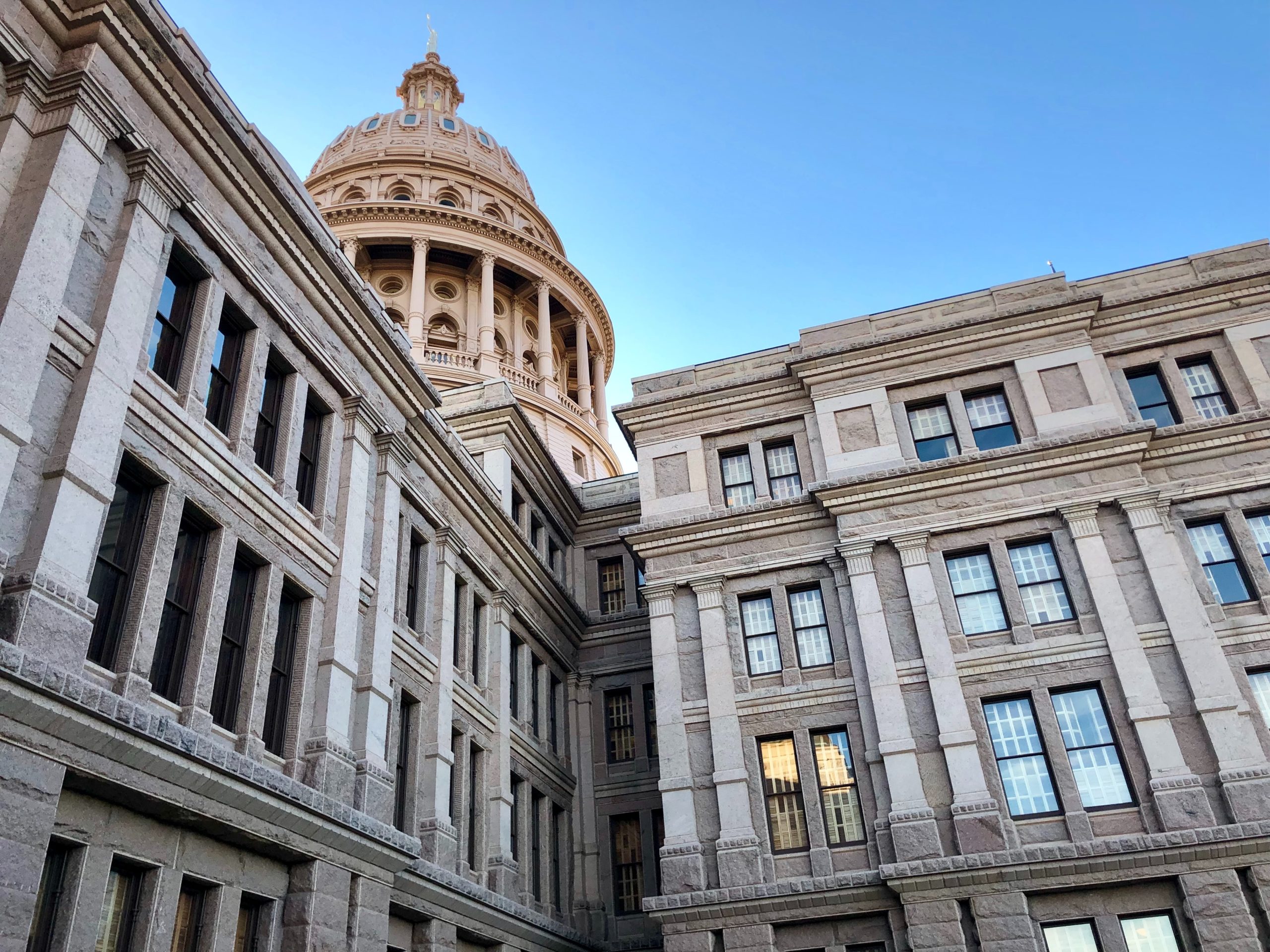The Texas Legislature has reached a long-awaited solution to deliver $18 billion of tax relief to Texans. After several rounds of negotiations from the regular session and two different special sessions, the Texas House and Senate have agreed on a tax relief package that now sits on Governor Abbott’s desk for approval.
The Governor has indicated his support for the plan. After officially signing off, the tax reforms will be placed on the constitutional amendments ballot this November for approval from Texas voters. Here are the key details of the tax relief plan:
Tax Rate Compression
The largest portion of the $18 billion tax relief plan is roughly $12 billion allocated for tax rate compression. This is a mechanism where the state buys down the local school district’s maintenance and operations (M&O) property tax rate. The state then makes up the difference in funding to the public school system.
Tax rate compression provides relief to homesteaded properties, rental properties, and commercial properties, making it a widespread tax relief mechanism for homeowners, renters, and businesses that own or lease real estate.
Homestead Exemption
Another $5.3 billion of the package was allocated to drastically increasing the homestead exemption, which is the portion of a homesteaded property’s value that is not subjected to local school district property taxes. The current homestead exemption is $40,000, but the tax relief package would increase this number to $100,000. An additional $10,000 increase to the homestead exemption is available for disabled people, or people over the age of 65.
While this mechanism doesn’t provide direct relief to commercia property owners, it does offer relief to many who live and work in Texas. For all the state’s pro-business advantages, property taxes are higher in Texas than just about anywhere else in the country. This reform will make Texas a more affordable place to live for the workforce that populates the state.
Franchise Tax
One component of the tax relief package specific to businesses is an increase in the franchise tax exemption. The current no tax due threshold is $1.23 million, and that is effectively doubled to $2.5 million through this legislation. Any business with annual revenue below the $2.5 million figure will not owe any franchise tax to the state. Estimates suggest 67,000 small businesses in Texas will now be exempt from paying the franchise tax with this reform.
Appraisal Growth Limits
Finally, the package includes a 20% cap on year-over-year appraisal growth for all non-homestead property – rental property, vacation homes, commercial property, etc. – so long as the value of that property is less than $5 million. Businesses that own or lease commercial property can be challenged by skyrocketing appraisals that result in a larger tax bill, and this mechanism should keep appraisal growth more modest, consistent, and predictable.
Top Headlines
National
State and Local
Upcoming Dates
- July 27: Fort Worth ISD Back-to-School Hiring Extravaganza [More info]
- August 7: Rep. Beth Van Duyne North Texas Job Fair
- August 17: State of the County Luncheon featuring Tarrant County Judge Time O’Hare [More info]
- September 7: Leaders in Government featuring Congressman Roger Williams[More info]
- October 6: Mayor Mattie Parker’s State of the City[More info]






